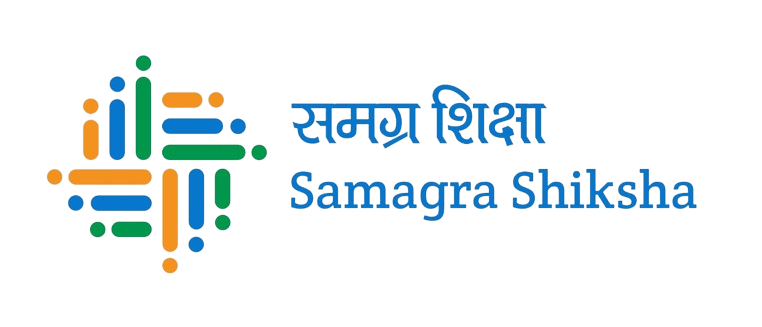Computer Labs and ICT Integration in Samagra Shiksha - Secondary Education, Uttar Pradesh
Under the Samagra Shiksha Abhiyan (SSA) in Uttar Pradesh, a significant emphasis is placed on the integration of Information and Communication Technology (ICT) in education. Recognizing the transformative potential of technology in enhancing teaching and learning, the scheme supports the establishment of computer labs and the incorporation of digital tools and resources in the educational process. This initiative aims to equip students with essential digital skills and prepare them for a technologically advanced world.
Key Components and Initiatives
Establishment of Computer Labs:
Infrastructure Development: The SSA supports the establishment of fully-equipped computer labs in secondary and senior secondary schools. These labs are furnished with computers, internet connectivity, projectors, and other necessary hardware, providing students with access to digital learning tools.
Maintenance and Upgradation: To ensure the sustainability and relevance of the computer labs, the scheme includes provisions for the regular maintenance and upgradation of hardware and software. This helps keep the labs functional and up-to-date with the latest technological advancements.
ICT Integration in Curriculum:
Digital Literacy: ICT is integrated into the curriculum to develop digital literacy among students. This includes basic computer skills, internet usage, word processing, and the use of educational software. The goal is to make students proficient in using technology for learning and everyday tasks.
Subject-Specific Applications: Beyond general digital literacy, the scheme promotes the use of ICT tools in various subjects. For instance, science and mathematics classes may use simulation software and virtual labs, while language classes might utilize digital storytelling and e-books.
Training and Capacity Building:
Teacher Training: Recognizing the crucial role of teachers in effectively integrating ICT into education, the SSA provides specialized training for teachers. This training focuses on developing their technical skills and pedagogical competencies to use digital tools in the classroom.
Ongoing Professional Development: Continuous professional development programs are in place to keep teachers updated with the latest educational technologies and teaching methodologies.
Digital Learning Platforms and Resources:
DIKSHA Platform: The DIKSHA (Digital Infrastructure for Knowledge Sharing) platform is a key resource under SSA, offering a wide range of digital content, including interactive lessons, assessments, and teaching aids. Teachers and students can access these resources to enhance the learning experience.
E-Content and Multimedia: Schools are encouraged to use e-content and multimedia resources to make lessons more engaging and interactive. This includes the use of videos, animations, and interactive modules.
Promoting E-Governance and Digital Administration:
Digital Attendance and Monitoring: Schools are adopting digital systems for attendance tracking and academic monitoring. This helps streamline administrative processes and improves data accuracy.
E-Assessment and Reporting: The scheme supports the implementation of e-assessment tools and digital report cards, enabling efficient evaluation and feedback mechanisms.
Inclusive ICT Education:
Access for All: Efforts are made to ensure that all students, regardless of socio-economic background, have access to computer labs and ICT resources. Special initiatives are undertaken to provide additional support to marginalized groups, including girls and students with disabilities.
Assistive Technologies: For students with special needs, the SSA promotes the use of assistive technologies, such as screen readers and speech-to-text software, to facilitate their participation in digital learning.
Impact and Benefits
The integration of ICT in secondary education under Samagra Shiksha in Uttar Pradesh has several significant benefits:
Enhanced Learning Experience: The use of digital tools makes learning more interactive, engaging, and effective, helping students grasp complex concepts more easily.
Skill Development: Students acquire essential digital skills, preparing them for future academic pursuits and the job market.
Improved Educational Outcomes: The availability of diverse learning resources and personalized learning experiences can lead to better academic performance and increased student engagement.
Administrative Efficiency: The adoption of digital systems for school administration improves efficiency and transparency in processes like attendance, assessments, and reporting.
Overall, the emphasis on computer labs and ICT integration under Samagra Shiksha aims to create a digitally empowered education system in Uttar Pradesh, equipping students with the skills and knowledge necessary for success in the 21st century.













